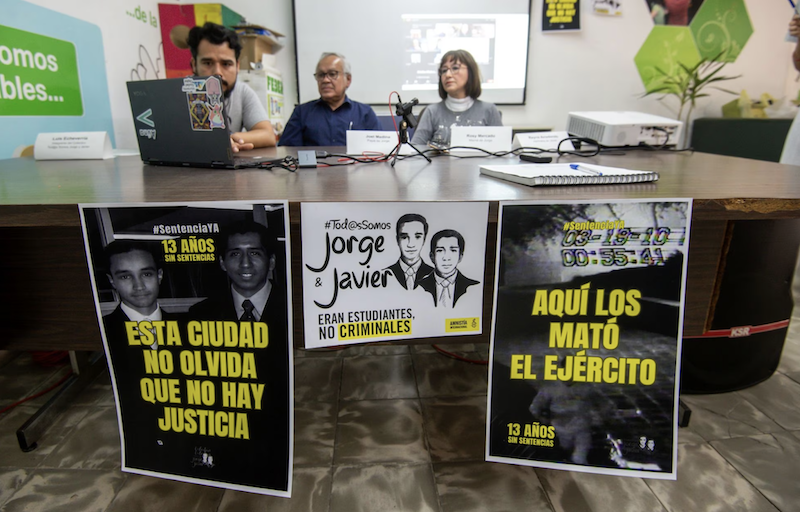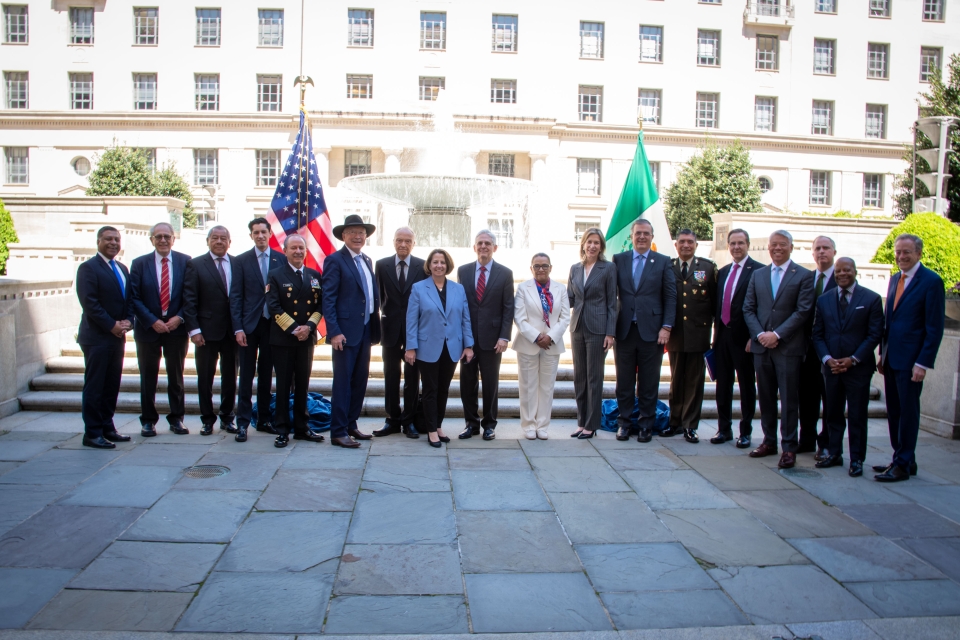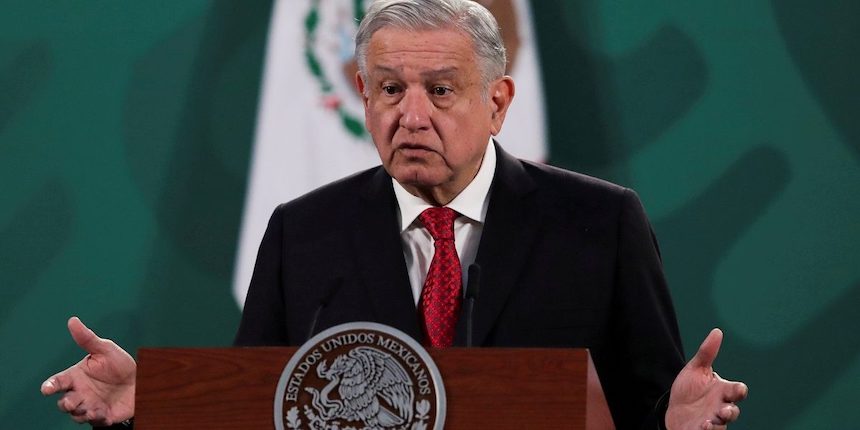
06/26/13 (written by petrichk) – Andrés Granier, former governor of the state of Tabasco, was arrested Tuesday, June 25, in Mexico City on charges of embezzlement, tax fraud, and improper exercise of public service. Although a judge had ordered his arrest in mid-June, Granier, a member of the Institutional Revolutionary Party (Partido Revolucionario Institucional, PRI), was undergoing treatment for heart problems in a hospital, although upon release on June 25 was immediately arrested by state prosecutors. He is set to appear before Judge Taissia Cruz Parcero of the Federal Criminal Court in Mexico City on Wednesday, June 26.
Granier’s case has generated massive attention both domestically and abroad after a radio station aired a recording of him boasting his extravagant shopping in Miami, Los Angeles, and New York. In fact, Granier insisted that his clothes and shoes were so numerous that he was unable to fit them into his multiple properties. The disparity between his approximately $92,000 (USD) annual salary as former governor and his luxurious lifestyle raised questions about where the money was coming from.
Granier left office in December after serving as governor from 2007 to 2012; shortly after, his successor, Arturo Núñez of the Party of the Democratic Revolution (Partido de la Revolución Democrática, PRD), announced a discrepancy of 1.9 billion pesos in the budget, or 80% of the state’s annual revenue. In early June, Granier’s former treasurer, José Manuel Saiz, was arrested at the U.S.-Mexico border on embezzlement charges after authorities found around $7 million (USD) cash in one of his homes. Both Saiz and Granier maintain the charges are a punitive retribution by the opposing party, the PRD, with no factual basis.
Governmental corruption was the rule rather than the exception during much of the 20th century, with officials essentially appointed rather than transparently elected by more powerful members of the ruling party, the PRI. As the New York Times explains, when the PRI lost the presidency in 2000 after 71 years of uninterrupted control, “it left a political vacuum across the states,” leaving state governors with greater freedom and fewer restrictions, which also contributed to the doubling of state debt between 2008 and 2012.
The current president, Enrique Peña Nieto of the PRI, has sworn to eradicate such corruption with the help of watchdog organizations and cooperation from other political parties. Peña Nieto is building on the foundations created by his predecessor, Felipe Calderón (2006-2012), to pass anti-corruption legislation, transparency bills, and accountability measures designed to create institutional barriers to the kind of crime Granier stands accused of. Yet the measures have stalled in Congress, leading observers to question the sincerity of the Peña Nieto administration in its statements. Traditionally, politicians accused of impropriety have not suffered significant setbacks or faced jail time. It remains to be seen if the Granier case will be where the presidential administration chooses to make a stand.
Sources:
Fonseca, Jose. “Andres Granier: sin prisas ni pausas.” El Economista. June 24, 2013.
Vicenteño, David. “Acusan a Andrés Granier de lavado y defraudación.” Excelsior. June 24, 2013.
Otero, Silvia. “Andrés Granier comparecerá hoy ante el juez.” El Universal. June 26, 2013.





Pingback: Governor López of Sinaloa Accused of Having Ties with Sinaloa Cartel | Justice in Mexico
Pingback: International NGO Releases Survey on Public Perception of Corruption in Mexico | Justice in Mexico